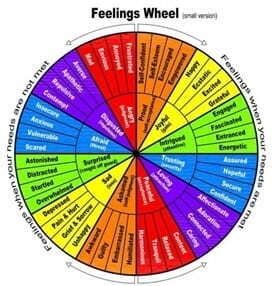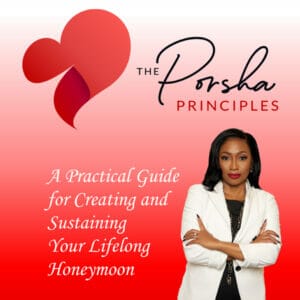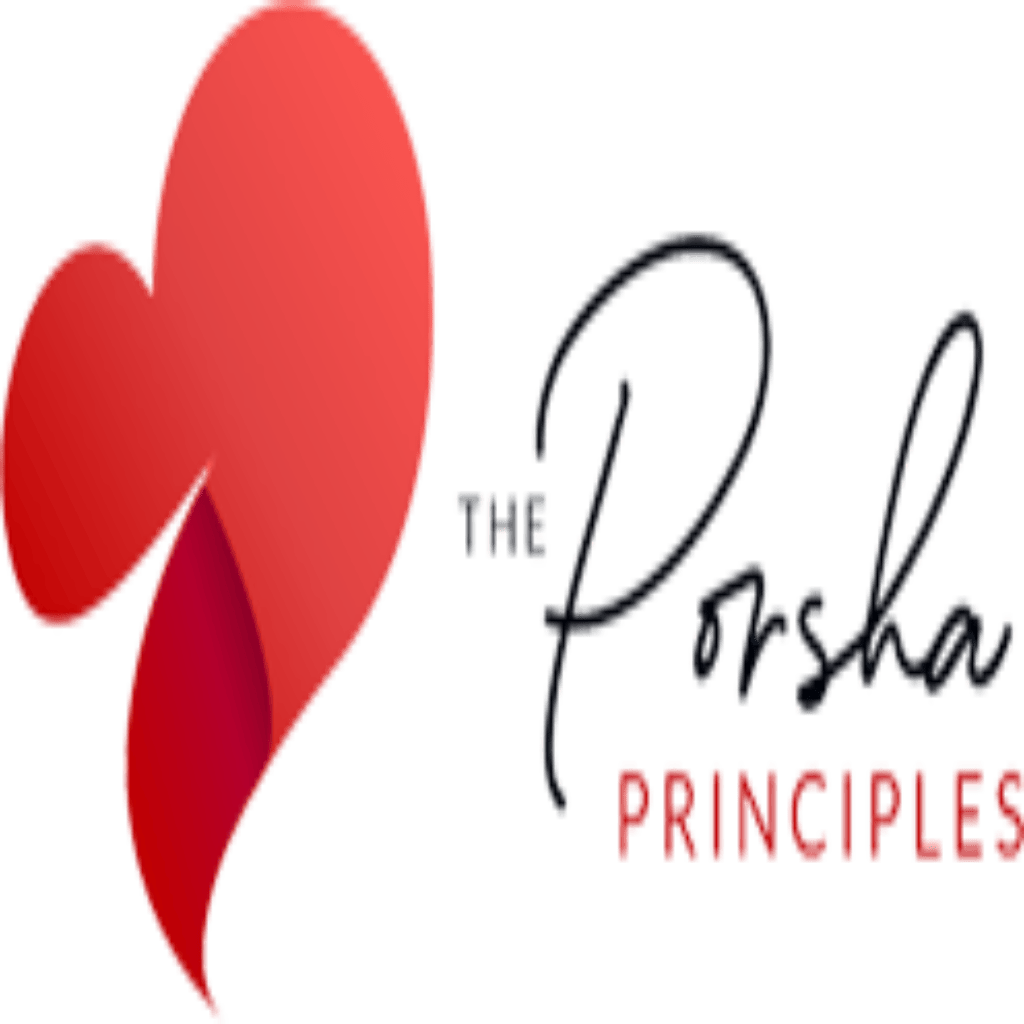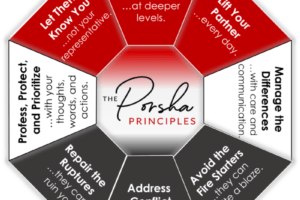Oops! 5 Steps for Recovering from a Mismanaged Difference

If you want to sustain a positive, uplifting, and fulfilling relationship you must first be aware of your critical differences and then have strategies for addressing them effectively.
In earlier blogs I talked about how to identify your critical differences and how to proactively manage them. This blog focuses on what to do if you or your partner has mismanaged a difference.
Couples can mismanage their differences in a number of ways that can strain a relationship. A mismanaged difference often results in one or more negative feelings, such as:
Feeling irritated because your partner isn’t doing something the way you think it should be done.
Feeling frustrated because your partner isn’t considering your needs in a particular situation.
Feeling judged or diminished because your partner doesn’t value your viewpoint.
Feeling angry that your partner is insisting on doing things their way.
When you or your partner experience feelings like these because of a mismanaged difference, consider the following five steps.
1. Request a redo.
One of the fastest and easiest ways I teach couples to intervene with a mismanaged difference is to say, “Stop. Can I have a redo and start over?” Emotional reactions are what typically happen automatically, so everyone is prone to a “slip” here and there. As soon as you or your partner are aware that you are not managing a difference well, activate this strategy!
2. Practice assertive communication.
Slow things down by practicing the three main components of assertive communication:
Use I-statements.
For example, instead of saying, “You just think about yourself,” an appropriate I-statement might be, “I feel dismissed and uncared for when it doesn’t seem you are taking my needs into consideration.”
I-statements reflect your thoughts and feelings to your partner. Using I-statements instead of You-statements helps disarm your partner and discourages them from reacting with defensive behaviors.
Use feeling words.
Your partner is more likely to respond to you in a more loving way when you share a vulnerable feeling with them instead of blaming them for something and expecting them to respond in an empathic way.
People often have difficulty identifying their deeper, more vulnerable feelings to their partner. Therefore, I recommend partners have a “feelings wheel” handy to help them identify their deeper emotions. (You can download a feelings wheel by doing a search on this term using your favorite search engine.)
(https://lifegifts.net/products/feeling-wheel-poster?)
Ask specifically for what you need.
A vague request can leave your partner feeling lost and not knowing what action to take. Therefore it is important that your request be specific as opposed to vague and general. This will help your partner understand how they can help you most effectively in the here and now.
For example, instead of saying, “I need to feel loved by you,” say, “Will you come close and wrap your arms around me, so I feel your love?”
3. Use reflective listening.
Couples frequently make faulty assumptions about what their partner’s words and/or actions mean.
When you and your partner are navigating through a difference, it can be very helpful to restate your partner’s message often to let them know you understand them clearly before you move through the discussion. This strategy can drastically reduce unnecessary misunderstandings.
Examples of how to start a reflective listening statement
– What I hear you saying is …
– Let me make sure I have this right …
– It sounds like what you are saying is …. Is that right?
There may be times when your partner is not communicating with words. You can use reflective listening to reflect back the behavior you see versus what you hear. For example, you might say:
– I noticed you have been really quiet all day…
4. Seek solutions that respect the differences.
In seeking solutions, you will want to use strategies we cover in Principle 6, Addressing conflict, for creating solutions to resolve conflict.
In seeking solutions, it is also important to avoid A/B thinking. A/B thinking occurs when one partner suggests A and the other suggests B, and the couple gets stuck arguing A versus B. Yet if they opened their discussion to seek other alternatives, they might find that there are other options (C, D, and E) that might be even better.
5. Monitor the intervention for success.
After you have implemented strategies to address a difference, be sure to check back in with each other to gain key learnings.











